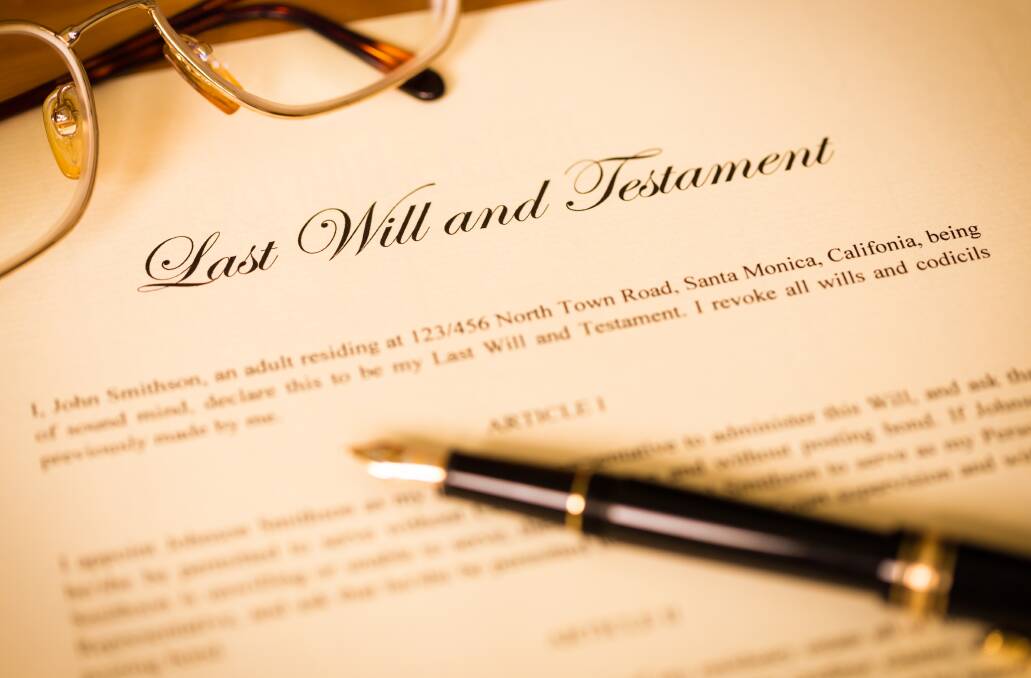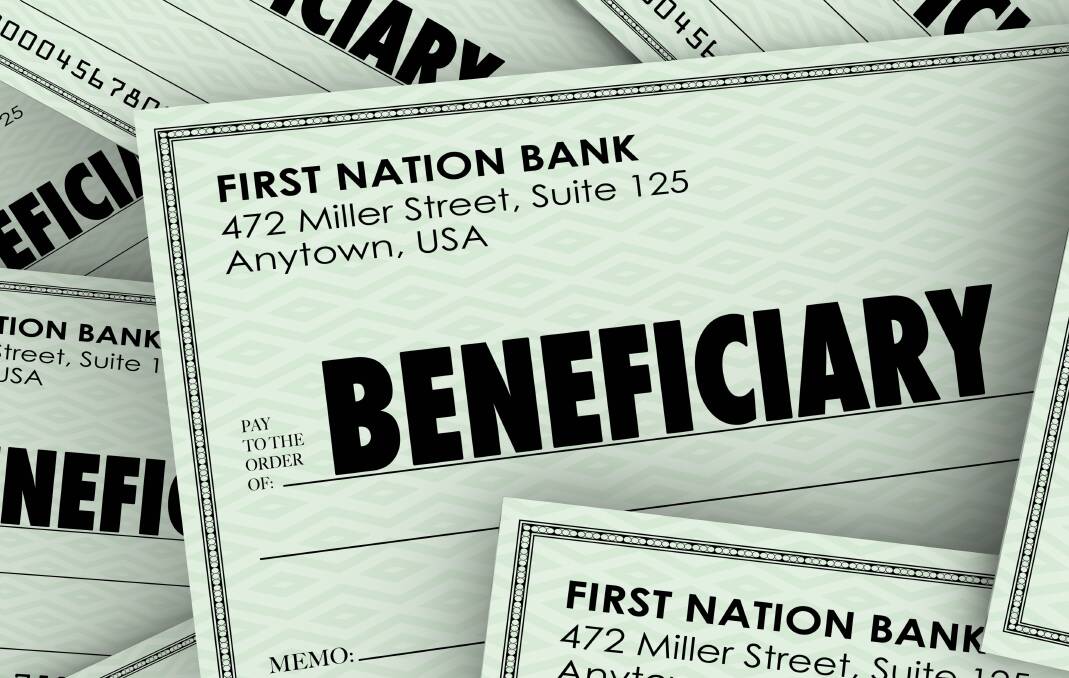What is the legal process when a loved one dies?

This is sponsored content for Willed.
A death in the family involves many strong emotions. Along with the sadness and grief in a person's passing, family members may also feel overwhelmed, and puzzled when it comes to settling property that's left to them. Probate or property administration can be intimidating but knowing the process involved may help you do it properly.
Probate: What is it?
Probate is the process of estate or property administration where it's passed to a dead person's named beneficiaries or heirs in their will. A probate court should supervise this legal process, which usually takes around one year, depending on the complexity and size of the estate.
The personal representative or executor in the person's will is responsible for managing the process. Unfortunately, the process can be complicated especially when a person dies without leaving a will since it would be not clear who should manage the probate.
A simple guide to probate
Settling a loved one's estate is a difficult undertaking and you'll need the help of other people such as friends, relatives, and professionals like accountants and lawyers.
You can lead the funeral plans and provide the financial details to the executor, or you can be the executor - the person to oversee probate and basically the one that deals with the paperwork. If you're unsure of the steps, you can check online probate services to learn more.
Here are some tips to start probate:
Keep tangible property safe. Things that you can touch including artwork, dishes, musical instruments, and others, should be gathered and kept safe. When probate officially begins, you'll need to determine the values of these pieces of property, which may sometimes need appraising.
Property obtained by other family members before being included in the inventory can lead to difficulties. To avoid problems, it's best to hold off on the distributions of property and secure it as soon as possible, even if you don't start inventory immediately. Do note that tangible property doesn't include gifts that were given by the person who passed away.
Take your time. You don't have to start probate right away. Ensure that you give yourself and your family time to mourn over the passing of your loved one. Financial matters can wait except for social security (Centrelink), which should be notified within one month from death.
You must return cheques that are issued by social security after death. However, you shouldn't delay filing the will for probate. This is to prevent additional costs and stress related to a lengthy delay. There are estates that require filing within 30 days of death, thus it's better to check.

Talk to a lawyer. When you're ready, you can talk to a lawyer and review the steps needed to manage the estate. You must bring the necessary information regarding taxes, finances, and debts. For now, you don't need to worry about organising documents first. The attorney should have experience in understanding and organising financial statements.
There are many families who choose not to follow the probate process. However, bypassing the process may have serious consequences in the future. A quick consultation with a lawyer will help determine if probate is needed, evaluate if there will be contentions or problems, and provide peace of mind.
Inform beneficiaries, creditors, and heirs. Different states may have different laws regarding notification of parties interested in a person's property. There may also be a specific allowed period in filing a claim against it. Informing heirs and beneficiaries may be done by mail or by publishing an obituary in the local newspaper.
Pay liabilities. The bills may keep coming and you still must face these. Some bills such as storage fees for belongings and mortgage payments should be kept during the probate process. If you're using your own money to pay such expenses, you should keep records. Other payables such as taxes and medical bills, also called final bills, can be paid after probate.
File tax returns. It's necessary to file income tax return for the person who passed away. If the property earns income during the probate process, it should have its own tax identification number to manage earnings and tax payments.
Distribute property to heirs, creditors, and beneficiaries. After processing and paying all debts and taxes, it's now time to distribute most assets. The executor may also retain a reserve for some unexpected claims and for the costs of closing out the properties.
Final Thoughts
If your loved one passes away, the property they acquired in their lifetime may be left to their beneficiaries and heirs as mentioned in their will. Planning these matters ahead, although difficult, is beneficial for everyone involved.


